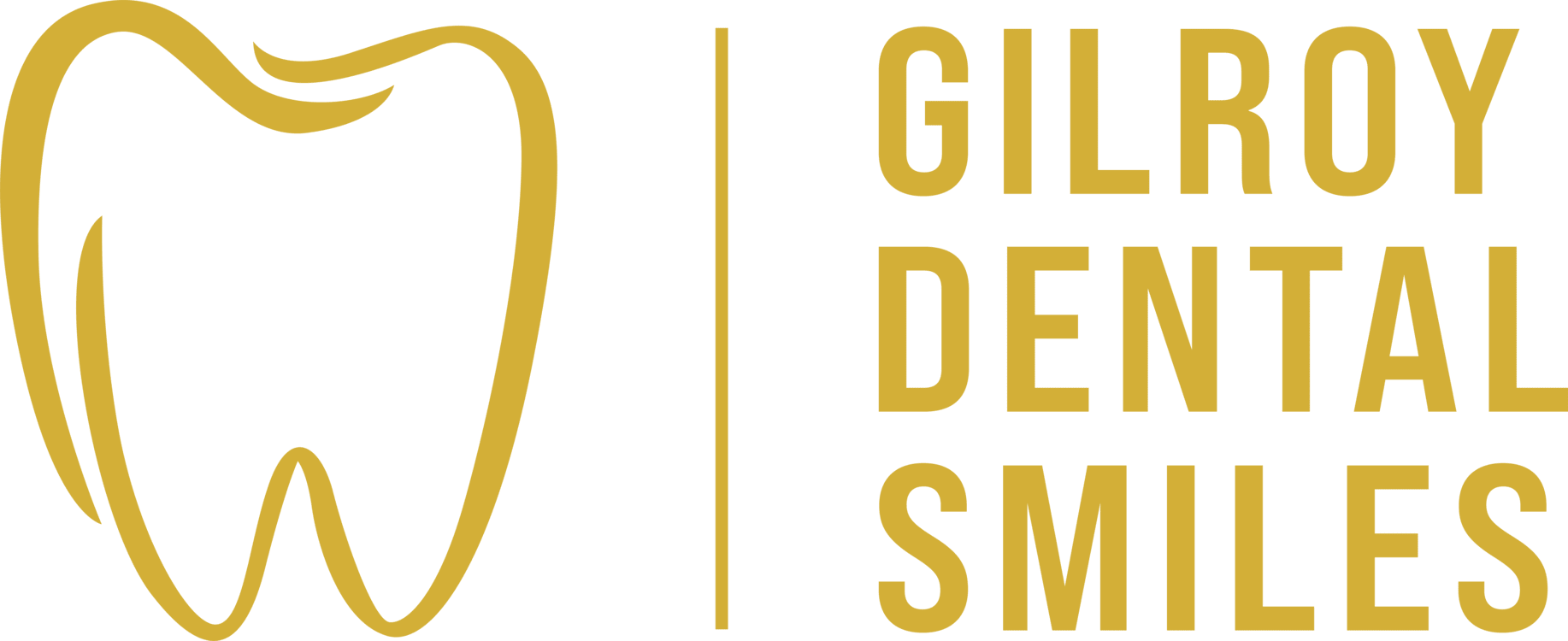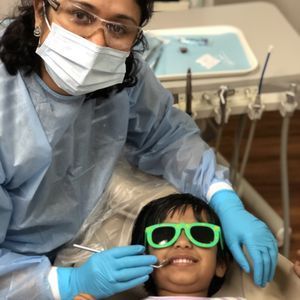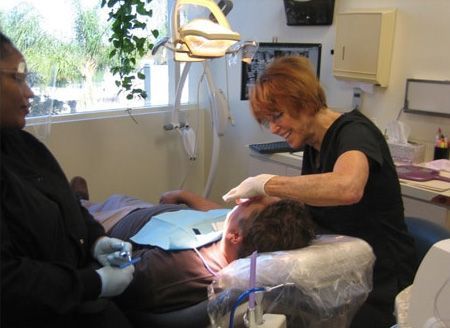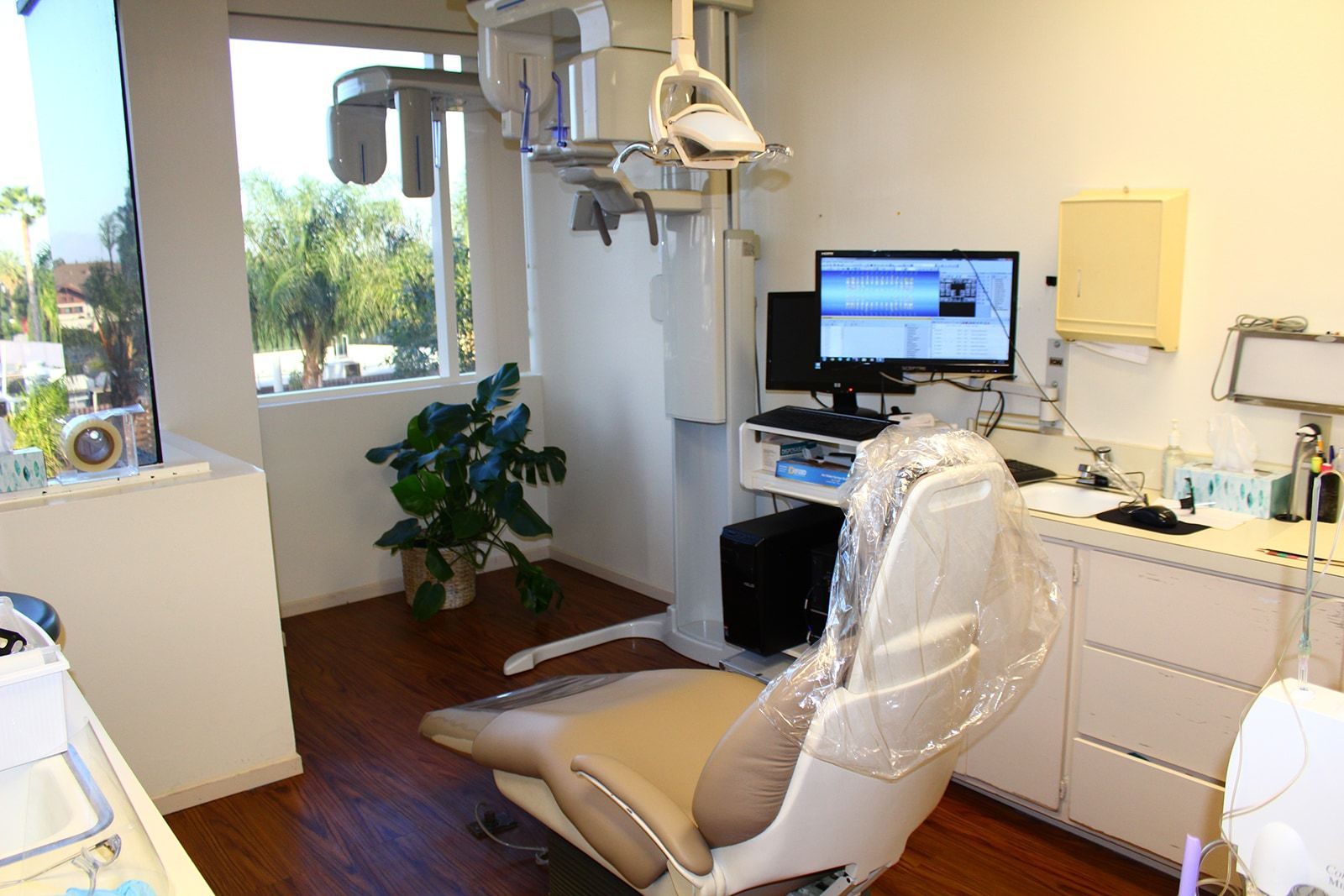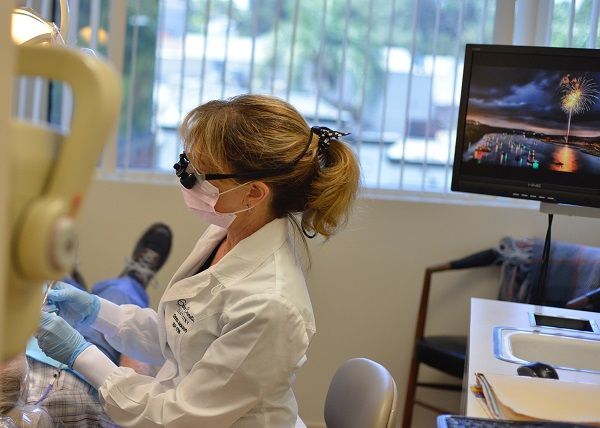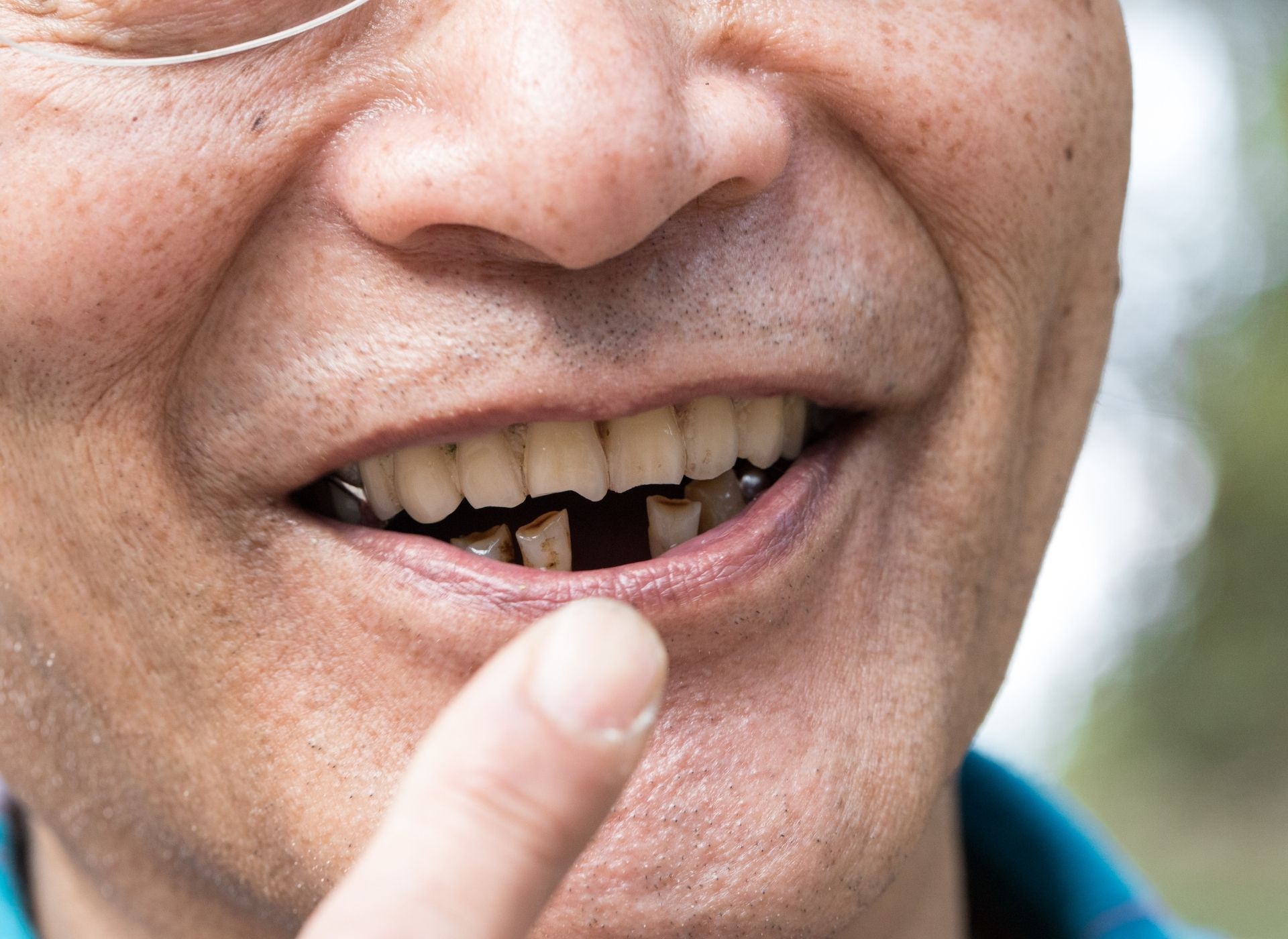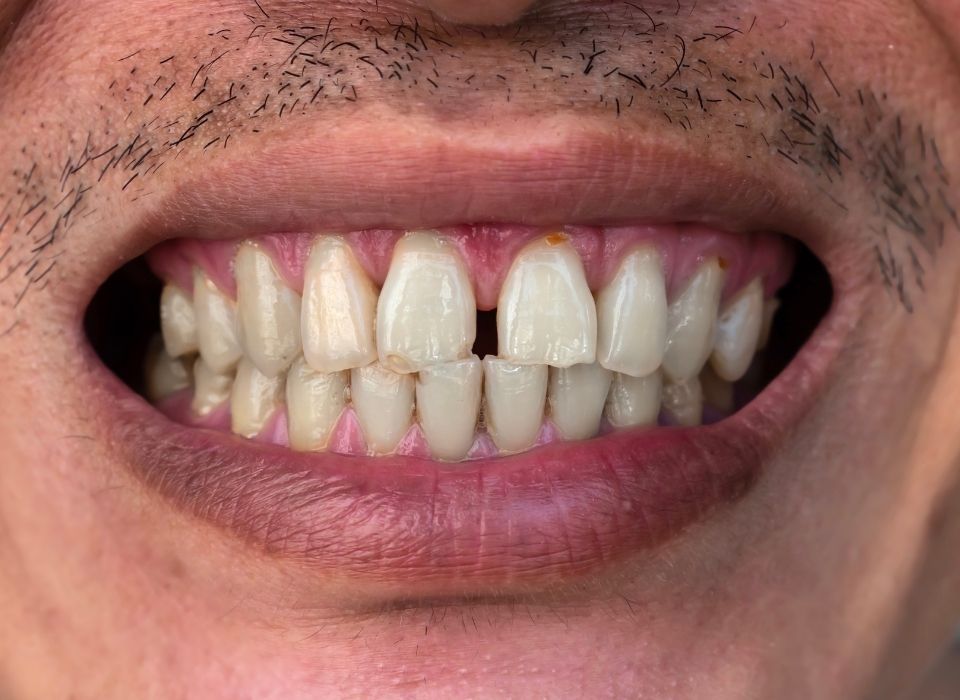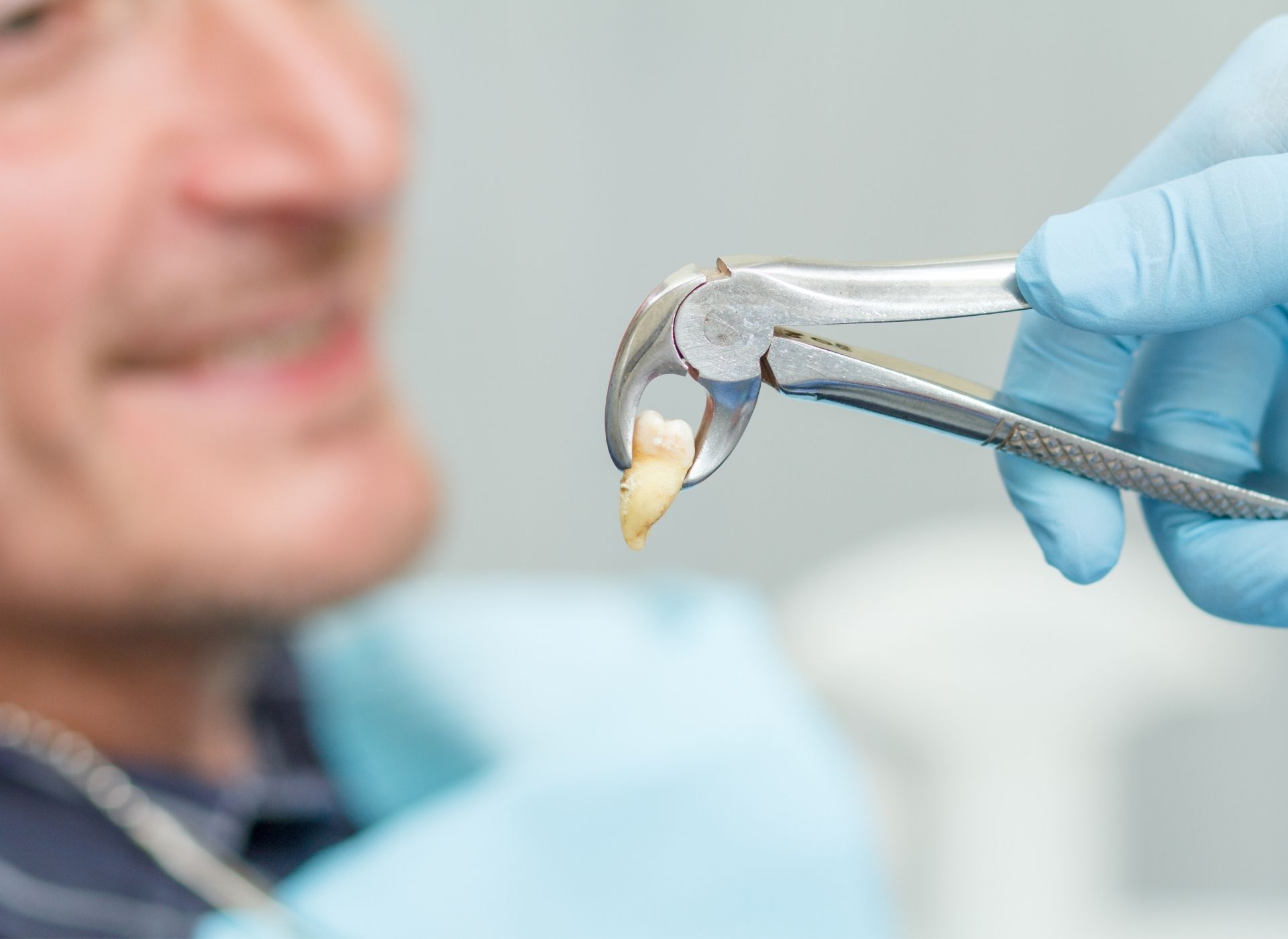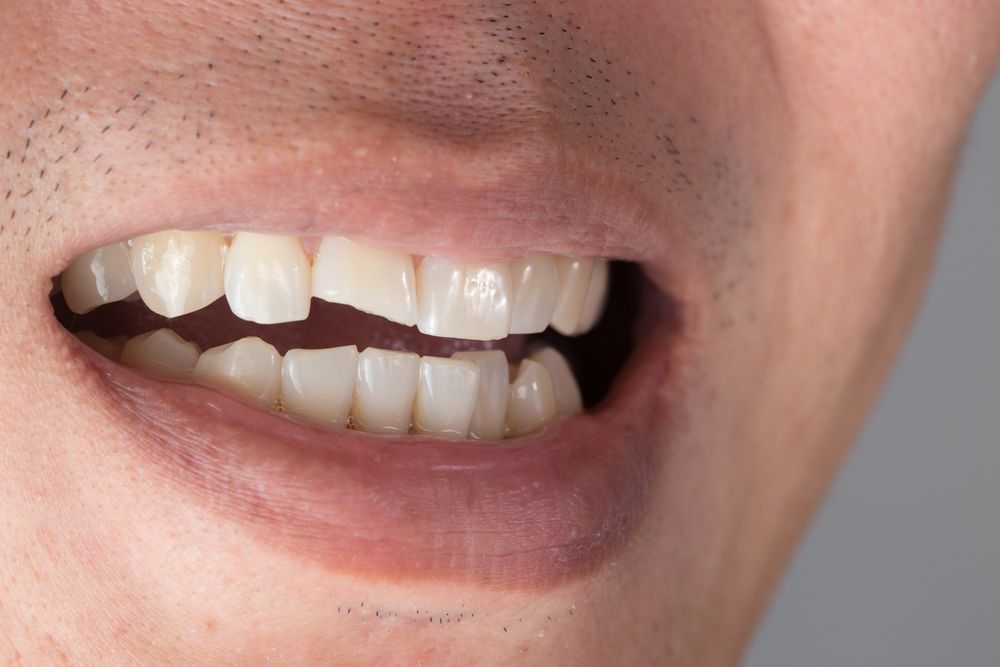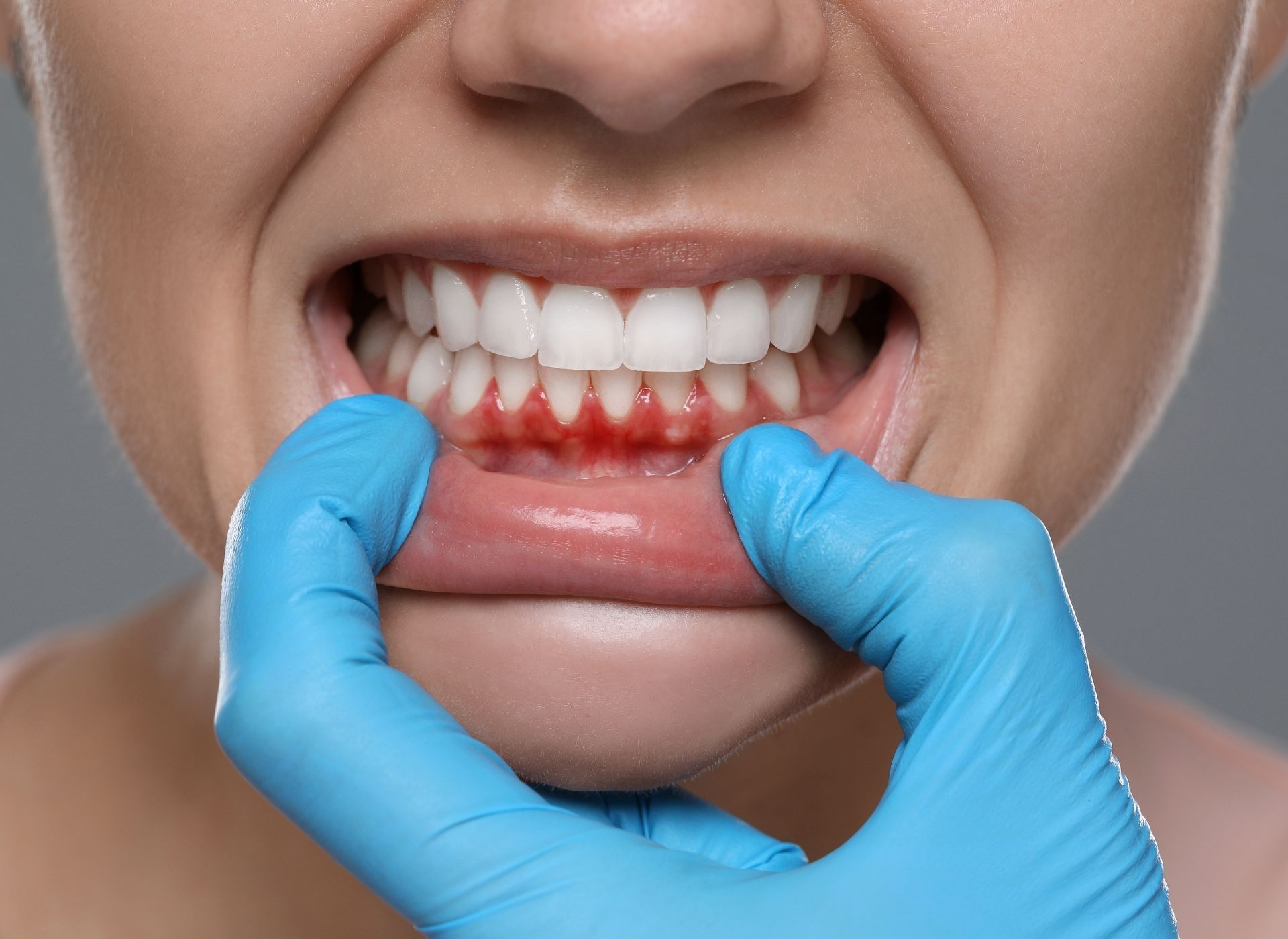Fast, Gentle Relief When You Need It Most
Urgent Dental Care in Gilroy
At Gilroy Dental Smiles, we know dental emergencies can’t wait. Whether it’s a sudden toothache, chipped tooth, or knocked-out tooth, our team provides same-day urgent care to relieve pain and protect your smile.
Same-Day Emergency Dental Appointments
Emergency Dental Extractions and Repairs
Treatment for Toothaches and Sensitivity
Most Insurance Plans Accepted
Get the Relief You Need TODAY
Book Your Appointment
Whether you’re dealing with severe tooth pain, a knocked-out tooth, or another urgent dental concern, our team is ready to act quickly.
Trusted Care When Every Minute Counts
Why Choose Gilroy Dental Smiles for Emergency Care
When a dental emergency strikes, you need more than fast relief, you need care you can trust. At Gilroy Dental Smiles, our compassionate team combines experience, technology, and personalized attention to help you feel better right away.
Compassionate, Experienced Team
Same-Day Relief
Advanced Technology
Comprehensive Treatment in One Place
Common Dental Emergencies We Treat
When a dental emergency happens, quick action makes all the difference. At Gilroy Dental Smiles, we treat urgent issues with care and precision, relieving pain, preventing further damage, and restoring your smile with same-day solutions you can trust.
Flexible Options to Make Your Care Simple and Stress-Free
Affordable, Accessible Emergency Dental Care
At Gilroy Dental Smiles, we believe quality dental care should always be within reach, especially during an emergency. We make it simple to get the treatment you need with clear pricing, flexible options, and advanced technology for your comfort and peace of mind.
Dental Insurance
We accept most plans and give clear estimates before treatment, no surprises.
Advanced Technology
Digital X-rays and modern tools ensure quick, comfortable, precise care.
Find Fast, Gentle Care When It Matters Most
At Gilroy Dental Smiles, we’re here when you need us most. From sudden toothaches to chipped or knocked-out teeth, our caring team is ready to restore your comfort and protect your smile with same-day, gentle care.
